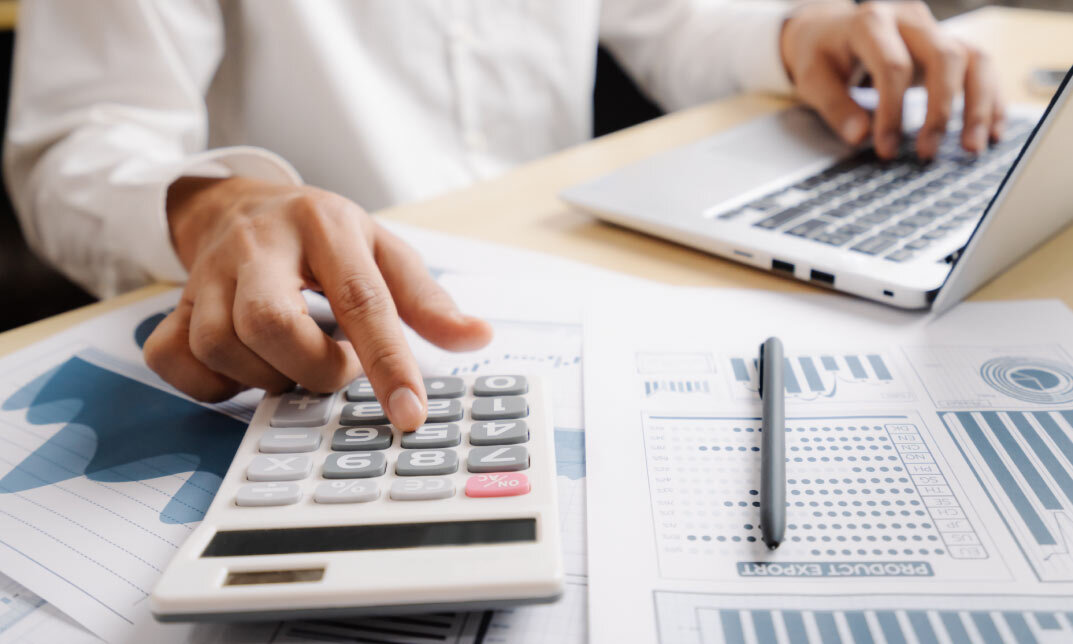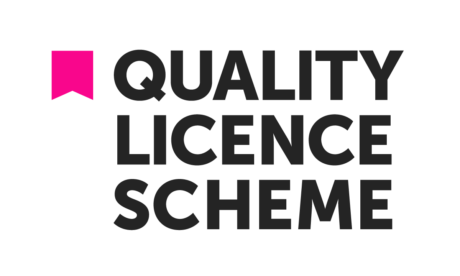Tax Accounting
Level 5 QLS Endorsed | CPDUK Accredited
765 Students enrolled on this course 4.6 (7 Reviews)
 Last updated July 27, 2023
Last updated July 27, 2023
Course Curriculum
| Module 01: Tax System and Administration in the UK | |||
| Tax System and Administration in the UK7 | 00:25:00 | ||
| Module 02: Tax on Individuals | |||
| Tax on Individuals7 | 00:23:00 | ||
| Module 03: National Insurance | |||
| National Insurance7 | 00:13:00 | ||
| Module 04: How to Submit a Self-Assessment Tax Return | |||
| How to Submit a Self-Assessment Tax Return7 | 00:12:00 | ||
| Module 05: Fundamentals of Income Tax | |||
| Fundamentals of Income Tax7 | 00:22:00 | ||
| Module 06: Advanced Income Tax | |||
| Advanced Income Tax7 | 00:45:00 | ||
| Module 07: Payee, Payroll and Wages | |||
| Payee, Payroll and Wages7 | 00:18:00 | ||
| Module 08: Capital Gain Tax | |||
| Capital Gain Tax7 | 00:32:00 | ||
| Module 09: Value Added Tax | |||
| Value Added Tax7 | 00:24:00 | ||
| Module 10: Import and Export | |||
| Import and Export7 | 00:24:00 | ||
| Module 11: Corporation Tax | |||
| Corporation Tax7 | 00:17:00 | ||
| Module 12: Inheritance Tax | |||
| Inheritance Tax7 | 00:34:00 | ||
| Module 13: Double Entry Accounting | |||
| Double Entry Accounting7 | 00:11:00 | ||
| Module 14: Management Accounting and Financial Analysis | |||
| Management Accounting and Financial Analysis7 | 00:14:00 | ||
| Module 15: Career as a Tax Accountant in the UK | |||
| Career as a Tax Accountant in the UK7 | 00:16:00 | ||
| Mock Exam | |||
| Mock Exam – Tax Accounting | 00:20:00 | ||
| Final Exam | |||
| Final Exam – Tax Accounting | 00:20:00 | ||
| Assignment | |||
| Assignment – Tax Accounting | 2 weeks, 1 day | ||
| Order your Certificates & Transcripts | |||
| Order your Certificates & Transcripts | 00:00:00 | ||
Course Reviews
No Reviews found for this course.
Frequently asked questions
Can’t find the anwser you’re looking for ? Reach out to customer support team.
There are no specific prerequisites for this course, nor are there any formal entry requirements. All you need is an internet connection, a good understanding of English and a passion for learning for this course.
You have the flexibility to access the course at any time that suits your schedule. Our courses are self-paced, allowing you to study at your own pace and convenience.
For this course, you will have access to the course materials for 1 year only. This means you can review the content as often as you like within the year, even after you've completed the course. However, if you buy Lifetime Access for the course, you will be able to access the course for a lifetime.
Yes, upon successfully completing the course, you will receive a certificate of completion. This certificate can be a valuable addition to your professional portfolio and can be shared on your various social networks.
We want you to have a positive learning experience. If you're not satisfied with the course, you can request a course transfer or refund within 14 days of the initial purchase.
Our platform provides tracking tools and progress indicators for each course. You can monitor your progress, completed lessons, and assessments through your learner dashboard for the course.
If you encounter technical issues or content-related difficulties with the course, our support team is available to assist you. You can reach out to them for prompt resolution.





 LOGIN/Sign up
LOGIN/Sign up




